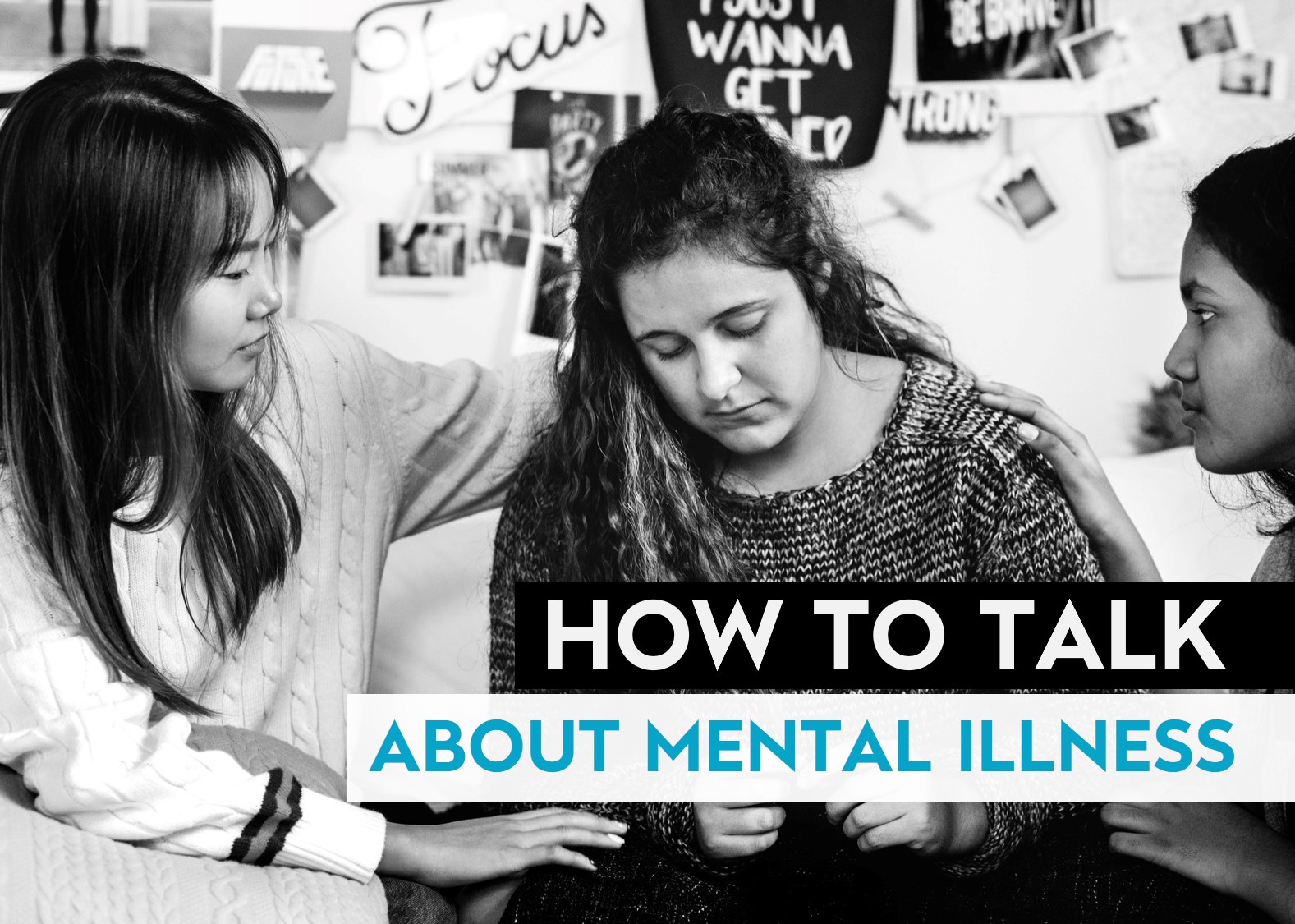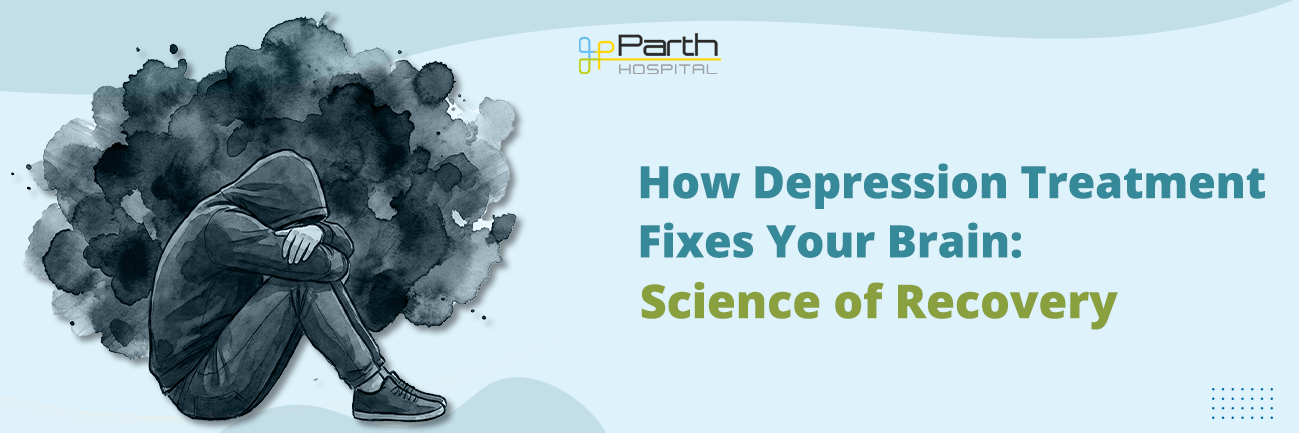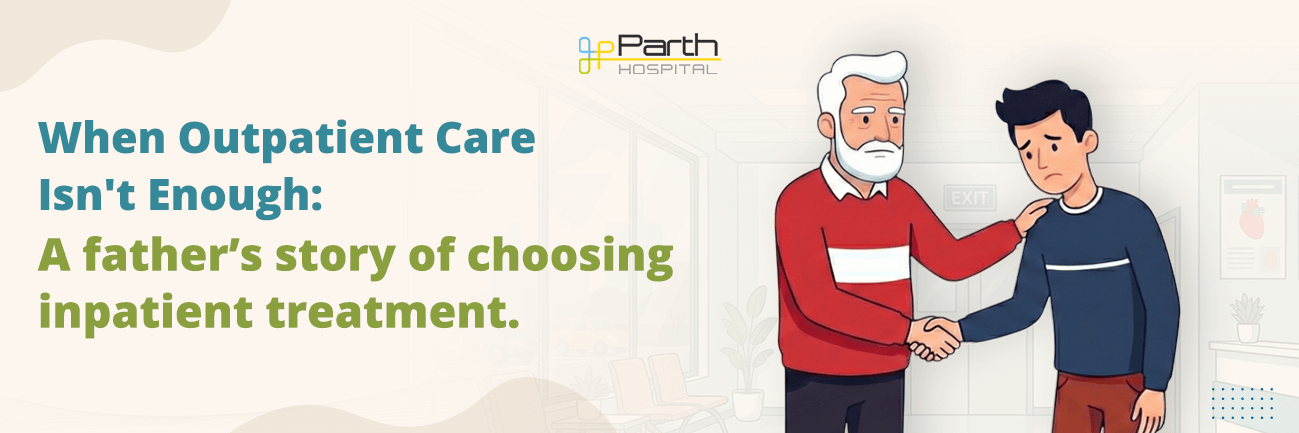Being diagnosed as having a mental illness can be both scary and a relief. Remember that just because you can’t physically see a mental illness, it doesn’t mean it’s not a real illness.
When you are ready to talk, reach out to someone who you think will be understanding and supportive. Talking to friends can be a good place to start, but don’t stop there. The goal should be to find someone who can help you find treatment. When you’re ready, start a conversation with a parent or another family member. If you’re not comfortable talking to family, reach out to a trusted teacher, family friend, doctor, or community leader.
Whenever you feel ready, these tips might help you start the conversation
Find a method of communication that feels right for you. This might be a face-to-face conversation, or you might find it easier to talk on the phone or write down how you feel in a letter.
Find a suitable time and place. There may not be a ‘good’ time, but it can help if you’re somewhere quiet and comfortable, and are unlikely to be disturbed for a while.
Practice what you want to say. You could do this in your head or make some notes. Phrases such as “I’ve not been feeling like myself lately” or “I’m finding it hard to cope at the moment” might provide a starting point.
Offer them relevant information and examples. If you’ve found a useful description in a book or online, or seen someone on television or in a film saying something that feels right to you, you could use this to help explain what you’re experiencing.
Be honest and open. It can sometimes feel uncomfortable sharing something so personal, but explaining how your feelings are affecting your life may help others to understand.
Suggest things they could do to help. This might just be listening and offering emotional support – or there may be practical help you need.
Don’t expect too much from one conversation. Understanding mental health problems can take time, and some people may be shocked or react badly at first. It’s important to give them some time to process what you’ve told them. But, if possible, plan to come back to the conversation with them again, to give you more opportunities to explain what you’re going through.
Wrapping up…
Not everyone will understand, or know how to offer support for mental illness. If someone reacts negatively to news of your illness, you may choose to give them some space or to offer some more information. It’s not your job to teach others about your illness; but if they are open to learning more about your struggles, this could help break down the stigma for others.
Remember that it’s up to you to decide how much you want to share, and this might differ depending on who you’re speaking with and how close you are.
Banner Source www.freepik.com







